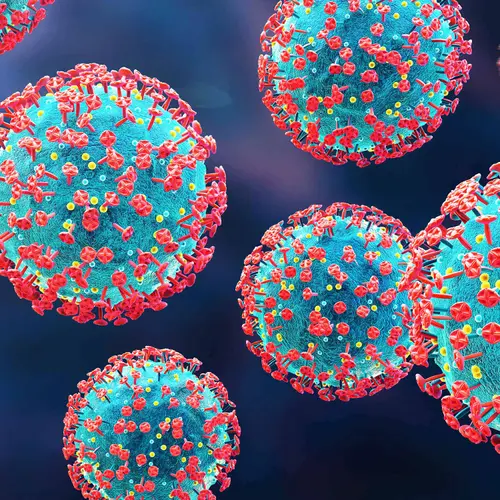If you’ve been diagnosed with human immunodeficiency virus (HIV), you’re bound to wonder how it will affect your future, and how long the future might be.
You’re in for good news. Research shows that people who start HIV treatment early can live as long as people who don’t have the virus. That’s a big improvement over the figures from 2010, when studies said that HIV could cut your life short by 13 years.
But there’s more to this story. If you have HIV, you’re more likely to have certain health challenges, and some of them can be serious. Some may be because of the virus and your treatment for it. Others will be due to things everyone faces, such as aging.
Also, some groups are less likely to benefit from improvements in life expectancy with the virus. Those most likely to face extra challenges:
- Are not white. Nonwhite people with HIV sometimes may not receive the same quality of care.
- Have a history of injecting drugs.
- Started HIV treatment later after getting HIV.
HIV-Related Challenges
The virus may never become fatal, but it can have a significant impact on your life and health. One study showed that people with HIV live 16 fewer years in good health than people who don’t have the virus.
First, there are opportunistic infections. These are infections that happen more often or are more severe in people with weakened immune systems and who have lower CD4 white blood cell counts. If you control your HIV with ART (antiretroviral therapy), your chances of this type of infection are low. These include herpes, thrush, and severe salmonella.
Many people with HIV may have certain health challenges, even when they control their viral load with ART. Researchers think this is because HIV -- and the drugs that treat it -- keep the immune system in a state of high activity all the time. This can lead to inflammation.
Cardiovascular disease. People with the virus are 1.5 to 2 times more likely to have a heart attack or a stroke. Researchers are still trying to understand all the reasons for this, but they do know that part of it is that inflammation has a link to a buildup of plaque in the arteries.
Some cancers. For people with HIV, the chances of getting several cancers are much lower since ART is now available. If you have HIV and don’t control it with ART, you’re 500 times more likely to have Kaposi’s sarcoma and 12 times more likely to have non-Hodgkin’s lymphoma. Women with uncontrolled HIV are three times more likely to get a cervical cancer diagnosis. HIV does raise your odds of Hodgkin’s lymphoma, as well as cancers of the:
- Anus
- Liver, due to the fact that people with HIV are more likely to have hepatitis infections
- Oral cavity/pharynx for people with HIV who smoke or have smoked in the past. Quitting smoking will lower this risk.
Osteoporosis. Bone loss from this disease increases your chance of broken bones. It’s most common in older women, but HIV infection and HIV medications also make it more likely.
Kidney disease. Some HIV medications can raise your chances of kidney disease. So can poorly controlled HIV, along with hepatitis C.
Dementia. HIV-associated dementia (HAD) used to be a common complication and cause of death in people with AIDS. Thanks to effective treatments, HAD is much less of a problem today.
Lower health-related quality of life. People with HIV may have a lower sense of well-being than people who don’t have it, even when the virus is under control. Sometimes this is because of health issues that happen along with the HIV. Other times it’s because of things like relationship issues or depression.
What You Can Do
The most important things you can do to protect your health as you live with HIV are to take your ART as your doctor prescribes and to see your health care team regularly.
There are several other things you can do to stay healthy and keep your immune system working well:
- Eat healthy foods. A diet with plenty of nutrients will keep your energy up and help your immune system fight infections. It also helps your body absorb your medications.
- Get regular exercise: A fitness program will help you stay strong and will give you endurance. It also will give your mental health a boost and help you to manage stress.
- Don’t smoke. If you have HIV, smoking doesn’t just raise your chances of cancer, heart disease, stroke, and early death. It also makes you even more prone to mouth sores, which are a common problem for people with the virus. Worst of all, your ART doesn’t work as well when you smoke, so make it a top goal to be smoke-free.

